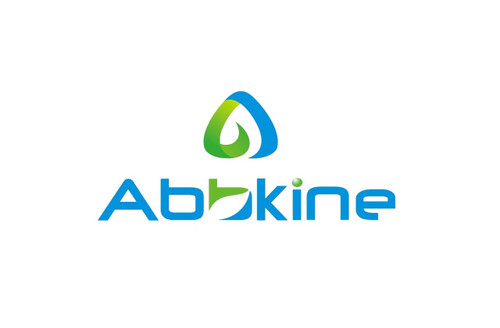Product Description
Rat Plasma protease C1 inhibitor (SERPING1) ELISA Kit | AE19986RA | Abebio
Species Reactivity: Rat (Rattus norvegicus)
Abbreviation: SERPING1
Alternative Name: C1IN; C1INH; C1NH; HAE1; HAE2; complement component 1 inhibitor|plasma protease C1 inhibitor|serine/cysteine proteinase inhibitor clade G member 1|serpin peptidase inhibitor; clade G; member 1
Application: ELISA
Range: 6.25-400 ng/mL
Sensitivity: 2.61 ng/mL
Intra-Assay: ≤6.5%
Inter-Assay: ≤9.6%
Recovery: 0, 89
Sample Type: Serum, Plasma, Other biological fluids
Detection Method: Sandwich
Analysis Method : Quantitive
Test Principale: This assay employs a two-site sandwich ELISA to quantitate SERPING1 in samples. An antibody specific for SERPING1 has been pre-coated onto a microplate. Standards and samples are pipetted into the wells and anySERPING1 present is bound by the immobilized antibody. After removing any unbound substances, a biotin-conjugated antibody specific for SERPING1 is added to the wells. After washing, Streptavidin conjugated Horseradish Peroxidase (HRP) is added to the wells. Following a wash to remove any unbound avidin-enzyme reagent, a substrate solution is added to the wells and color develops in proportion to the amount of SERPING1 bound in the initial step. The color development is stopped and the intensity of the color is measured.
Product Overview: C1-INH is a critically important protein that controls activation of multiple plasma mediator pathways. This protein, a member of the serine protease inhibitor (serpin) group, originally was described as an inhibitor of C1. It binds stoichiometrically to the active sites on both C1r and C1s to form a complex C1-INH-C1r-C1s-C1-INH and thus inhibits activated C1. In addition, C1-INH has been reported to remove the intact C1qrs complex from an activating surface and to inhibit autoactivation of C1. C1-INH is a known inhibitor of kinin generating (kallikrein), fibrinolytic (plasmin), and contact activation (intrinsic) pathway of the coagulation cascade. Recently, it has been shown to be an inhibitor of the mannan-binding lectin pathway of complement activation, inhibiting mannan-binding lectin-associated serine proteases (MASPs) in that pathway.
Stability: The stability of ELISA kit is determined by the loss rate of activity. The loss rate of this kit is less than 5% within the expiration date under appropriate storage condition. The loss rate was determined by accelerated thermal degradation test. Keep the kit at 37°C for 4 and 7 days, and compare O.D.values of the kit kept at 37°C with that of at recommended temperature. (referring from China Biological Products Standard, which was calculated by the Arrhenius equation. For ELISA kit, 4 days storage at 37°C can be considered as 6 months at 2 - 8°C, which means 7 days at 37°C equaling 12 months at 2 - 8°C) .
 Euro
Euro
 USD
USD
 British Pound
British Pound
 NULL
NULL








